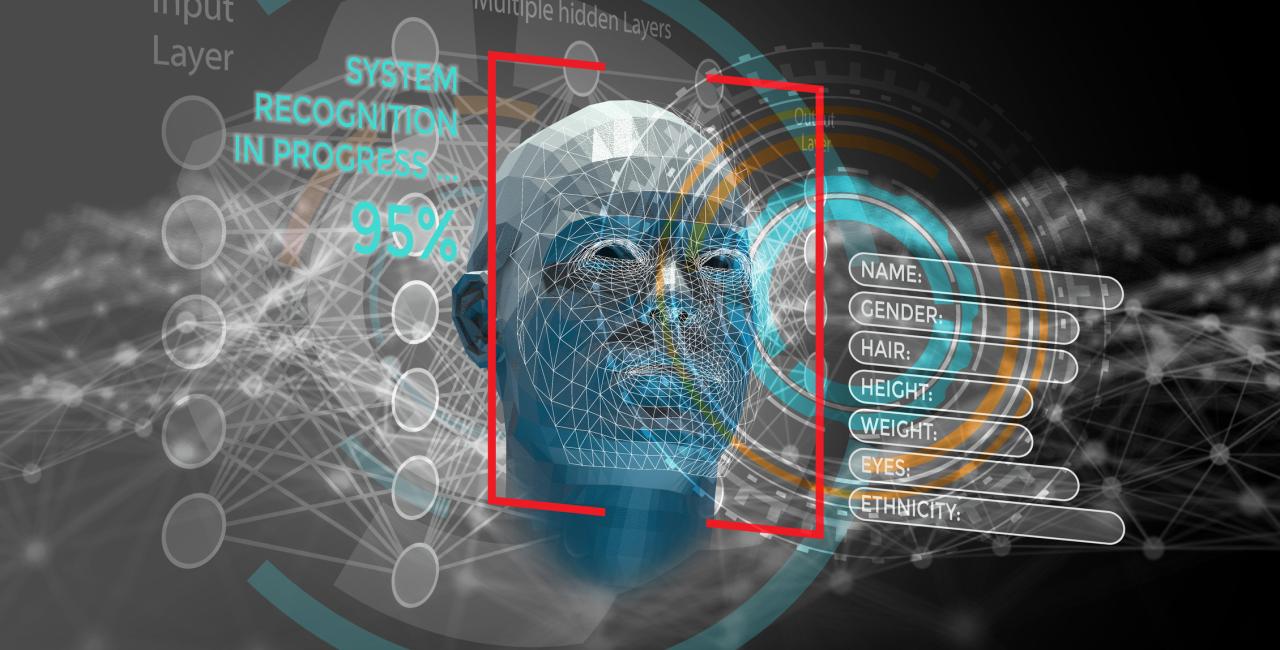
Data analysis is a powerful tool for businesses to gain insights into their operations and make informed decisions. However, it is important to consider the ethical implications of data analysis, particularly regarding bias and privacy concerns. In this article, we'll explore the ethics of data analysis and how businesses can address these concerns.
What is Data Bias?
Data bias occurs when the data being analyzed is skewed or incomplete, leading to incorrect conclusions and flawed decision-making. Bias can be intentional or unintentional and can occur at any stage of the data analysis process.
The Impact of Data Bias
Data bias can have a range of negative impacts, including:
- Inaccurate Insights
When data is biased, the insights derived from that data are also likely to be biased. This can lead to incorrect conclusions and flawed decision-making.
- Discrimination
Data bias can also lead to discrimination against certain groups. For example, if a hiring algorithm is biased against women or minority candidates, it can perpetuate discrimination in the workplace.
- Reputational Damage
Data bias can also result in reputational damage for businesses. If customers or stakeholders become aware of biased practices, it can damage trust and lead to negative publicity.
How to Address Data Bias
Addressing data bias is essential for ethical data analysis. Here are some of the key steps businesses can take to address data bias:
- Identify Biases
The first step in addressing data bias is to identify it. This can involve reviewing the data being analyzed and looking for any patterns or inconsistencies that may indicate bias.
- Address Biases
Once biases have been identified, it is essential to address them. This can involve adjusting algorithms or processes to reduce bias, or collecting additional data to fill in gaps that may be contributing to bias.
- Review Processes
It is also important to review processes regularly to ensure that they are not introducing bias. This can involve reviewing algorithms, data collection methods, and other processes to identify any potential sources of bias.
Privacy Concerns in Data Analysis
Privacy concerns are also an important ethical consideration in data analysis. Businesses must ensure that they are collecting and analyzing data in a way that respects individuals' privacy rights.
The Impact of Privacy Concerns
Privacy concerns can have a range of negative impacts, including:
- Legal Liability
If businesses collect or analyze data in a way that violates individuals' privacy rights, they may be subject to legal liability.
- Reputational Damage
Privacy violations can also result in reputational damage for businesses. If customers or stakeholders become aware of privacy violations, it can damage trust and lead to negative publicity.
- Loss of Trust
Privacy violations can also lead to a loss of trust among customers and stakeholders. If individuals do not trust a business to handle their data responsibly, they are less likely to engage with that business.
How to Address Privacy Concerns
Addressing privacy concerns is essential for ethical data analysis. Here are some of the key steps businesses can take to address privacy concerns:
- Collect Data Responsibly
Businesses should only collect data that is necessary for their operations and should collect that data in a way that respects individuals' privacy rights.
- Store Data Securely
Data should be stored securely to prevent unauthorized access or use. This can involve using encryption or other security measures to protect data.
- Obtain Consent
Businesses should obtain consent from individuals before collecting or using their data. This can involve providing individuals with clear information about how their data will be used and obtaining their explicit consent.
Conclusion
Data analysis is a powerful tool for businesses, but it is important to consider the ethical implications of data analysis. Bias and privacy concerns can have a range of negative impacts, including inaccurate insights, discrimination, legal liability, and reputational damage. By addressing bias and privacy concerns, businesses can ensure that their data analysis practices are ethical and responsible.